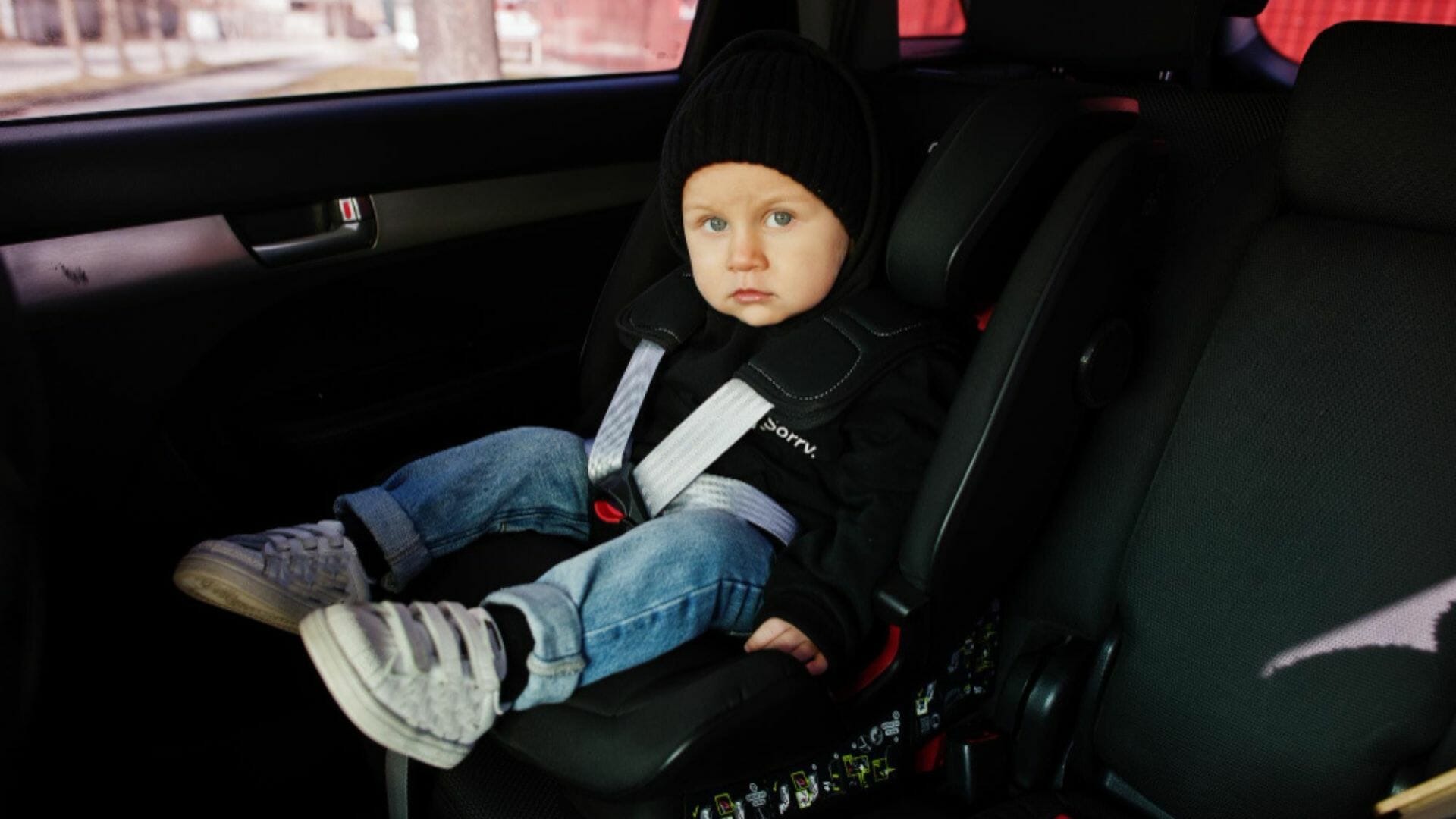All things being equal, driving is a reasonably safe way to travel. Cars have many safety features that protect passengers, including airbags and seat belts. Unfortunately, these safety features are much better at protecting adults than children. This isn’t because the designers want to hurt children. These devices just don’t protect children as well because they are too small. You need specialized equipment to protect children effectively. And that is why every state has some form of child car seat laws.
Child Car Seat Laws Differ by State
While every state has child car seat laws, very few have identical laws. This means you should research the child car seat laws for any state you intend to drive through. While these differences are usually rather trivial, some could significantly impact your travel plans.
Typical Laws
Just because these laws differ in each state, that doesn’t mean there aren’t similarities. Most states have laws that dictate the use of both car seats and booster seats.
Car Seats

The youngest children (babies and toddlers, mostly) must ride in car seats. Every single car seat is rated based on the height and weight of the child. Most states require children to sit in car seats until they reach a specific age (often eight years old) or outgrow the largest car seats available.
Additionally, eight states require children two years old or younger to ride in rear-facing car seats.
Booster Seats
Booster seats are similar to car seats but designed for older children. They make it safer for children to wear shoulder belts. Shoulder belts can potentially hurt someone who is too short. Booster seats effectively increase the height of children riding in them.
All but two states require children to ride in booster seats until they reach a certain age (usually 12) or outgrow the need for a booster seat.
Violating Car Seat Laws
Most states take car seat laws very seriously. If you violate a car seat law, at a minimum, you will receive a ticket. And some states may charge you with child endangerment.
Typically, the cost of even a single ticket is more than the cost of purchasing an appropriate car seat. This makes it a bad idea to violate these rules, especially because car seats usually retain their value after use. Thus, you can easily sell your used car seat once your child has outgrown it and get most of your investment back.
The Dangers of Not Using a Car Seat
Many older parents remember riding in their parents’ laps when traveling as a kid. While that may have been common in the last century, that doesn’t mean it was safe. Unsecured children will usually get badly injured in a car accident.
Your child may be thrown from the car during a serious accident if they aren’t secured in any way. Similarly, a child using only a lap belt may suffer severe internal organ injuries from the belt digging into them. Finally, the shoulder belt may crush your child’s esophagus if they are too short to use it safely.
Your child’s health is too important to risk fatal or serious lifelong injuries. And you can avoid that danger just by purchasing an appropriate car seat for their age and size.
Contact The Joel Bieber Firm Today
If you take appropriate action to protect your child and they are still hurt in a car accident, you can get compensation to help them recover quickly. Contact Joel Bieber law firm immediately to schedule a free consultation with a compassionate personal injury lawyer who will explain your options.
Interesting Reads:
Car Seat Laws in South Carolina
Can a Passenger Be Liable for a Car Accident?
Baltimore Cerebral Palsy Lawyer

